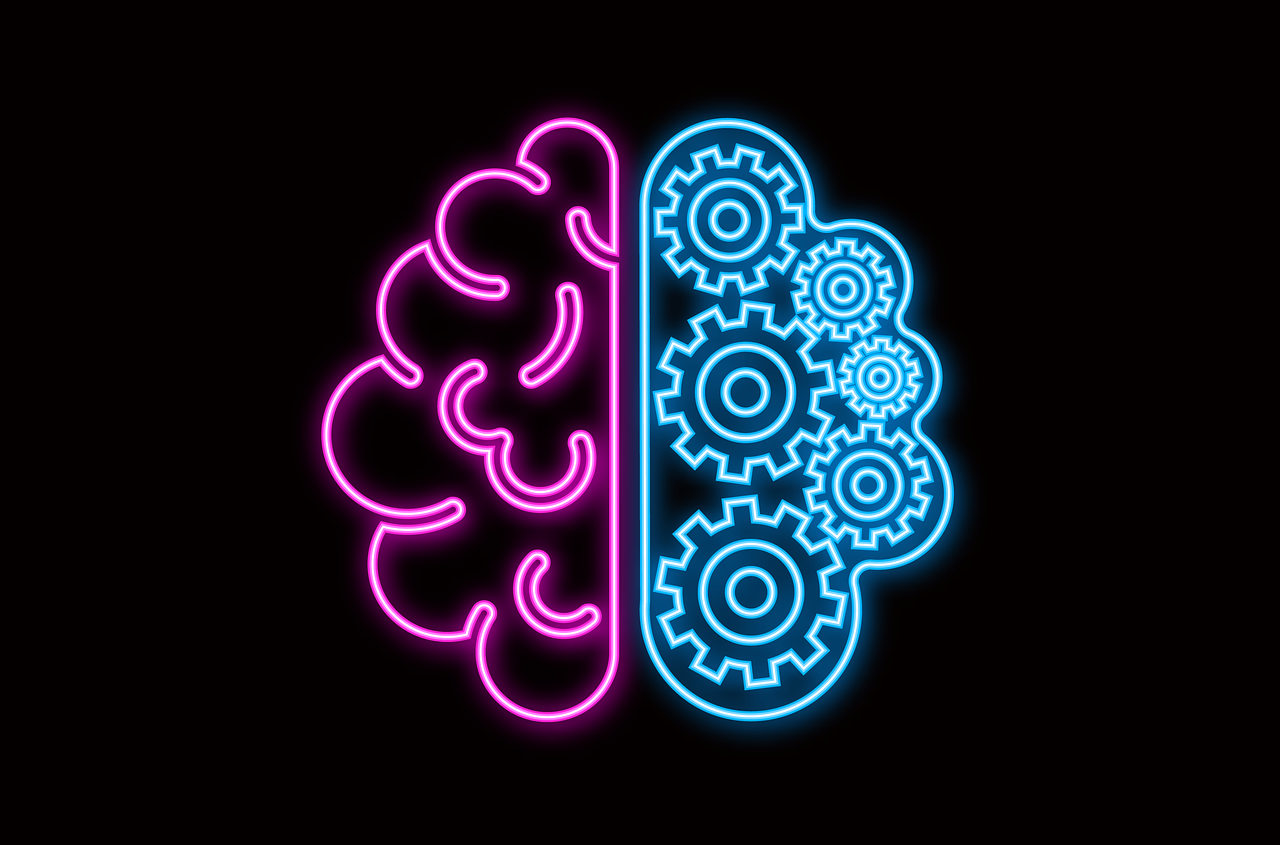 In recent years, the intersection of artificial intelligence (AI) and neuroscience has become one of the most exciting and rapidly evolving areas of scientific research.
In recent years, the intersection of artificial intelligence (AI) and neuroscience has become one of the most exciting and rapidly evolving areas of scientific research.
As our understanding of the human brain grows and AI technologies become more sophisticated, we are witnessing unprecedented advancements in our ability to map the intricacies of the brain and unravel the mysteries of consciousness. This blog post explores the fascinating synergy between AI and neuroscience, highlighting how these fields are working together to push the boundaries of human knowledge.
The Challenge of Mapping the Human Brain
The human brain is arguably the most complex structure in the known universe. With approximately 86 billion neurons and trillions of synaptic connections, mapping this intricate network has long been considered one of the greatest challenges in science. Traditional neuroscience methods, while invaluable, have been limited in their ability to capture the full complexity of brain function and structure.
AI technologies, particularly machine learning and deep learning algorithms, are revolutionizing our approach to brain mapping. These tools can process and analyze vast amounts of neuroimaging data at speeds and scales previously unimaginable.
AI-Powered Brain Mapping Techniques
- Advanced Image Processing: AI algorithms can enhance the resolution and clarity of brain scans, allowing researchers to see finer details of brain structure.
- Pattern Recognition: Machine learning models can identify patterns in brain activity associated with specific thoughts, emotions, or behaviors, helping to create more accurate functional maps of the brain.
- Predictive Modeling: AI can predict brain activity patterns based on limited data, filling in gaps in our understanding and guiding further research.
- Big Data Analysis: AI excels at integrating and analyzing data from multiple sources, including fMRI, EEG, and genetic information, to create more comprehensive brain maps.
Understanding Consciousness: The Ultimate Frontier
While mapping the physical structure of the brain is a monumental task in itself, understanding consciousness presents an even greater challenge. Consciousness, often described as the subjective experience of being aware, has long been a philosophical and scientific puzzle.
AI is now playing a crucial role in advancing our understanding of consciousness in several ways:
1. Neural Network Models of Consciousness
Researchers are using artificial neural networks to model theories of consciousness. These models attempt to replicate aspects of human consciousness, such as attention, working memory, and self-awareness. By tweaking these models and observing their behavior, scientists can test and refine their hypotheses about how consciousness emerges from neural activity.
2. Information Integration Theory
Giulio Tononi's Information Integration Theory (IIT) of consciousness proposes that consciousness is a fundamental property of any system that integrates information in certain ways. AI algorithms are being used to calculate the integrated information in various systems, from simple circuits to complex neural networks, helping to test and develop this theory.
3. Global Workspace Theory
Another prominent theory of consciousness, the Global Workspace Theory, suggests that consciousness arises from a "global workspace" in the brain where information is broadcast widely to many different subsystems. AI models are being developed to simulate this global workspace, providing insights into how disparate neural processes might come together to create a unified conscious experience.
4. Decoding Subjective Experiences
AI-powered brain-computer interfaces (BCIs) are becoming increasingly sophisticated, allowing researchers to decode brain activity patterns associated with specific thoughts or perceptions. This technology not only has practical applications for assistive devices but also provides a window into the neural correlates of subjective experience.
Ethical Considerations and Future Directions
As AI continues to advance our understanding of the brain and consciousness, it also raises important ethical questions:
- Privacy Concerns: As brain-decoding technologies become more accurate, how do we protect the privacy of our thoughts and mental processes?
- Consciousness in AI: If we can create artificial systems that exhibit properties of consciousness, what are the ethical implications?
- Neuroenhancement: As we gain the ability to manipulate brain function, how do we navigate the ethical landscape of cognitive enhancement?
Looking to the future, the synergy between AI and neuroscience promises even more exciting developments:
- Personalized Mental Health Treatments: AI could help tailor treatments for mental health disorders based on individual brain patterns.
- Enhanced Brain-Computer Interfaces: More sophisticated BCIs could restore function to those with neurological disorders or injuries.
- Artificial General Intelligence: Insights from neuroscience could inform the development of more human-like AI systems.
Conclusion
The collaboration between AI and neuroscience is ushering in a new era of brain research. As we continue to map the human brain and unravel the mysteries of consciousness, we are not only expanding our scientific knowledge but also gaining profound insights into what it means to be human.
While challenges and ethical considerations remain, the potential benefits to medicine, technology, and our understanding of ourselves are truly awe-inspiring. The journey to fully understand the human brain and consciousness is far from over, but with AI as our companion, we are making strides that were once thought impossible.
 In recent years, the intersection of artificial intelligence (AI) and neuroscience has become one of the most exciting and rapidly evolving areas of scientific research.
In recent years, the intersection of artificial intelligence (AI) and neuroscience has become one of the most exciting and rapidly evolving areas of scientific research.